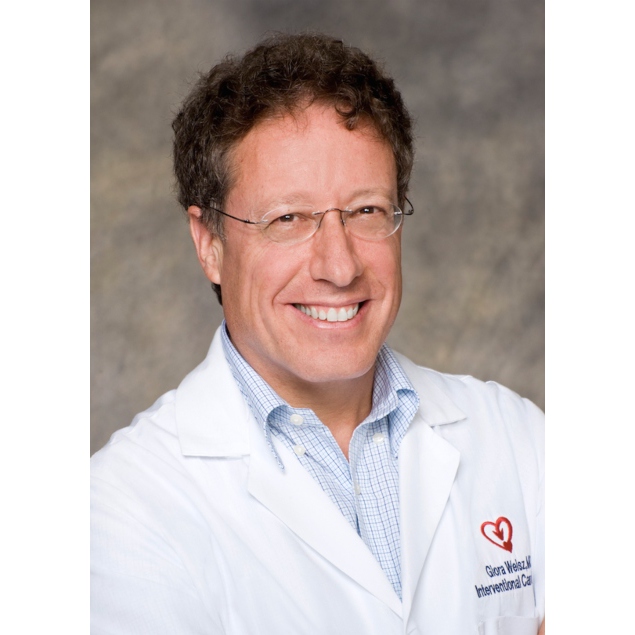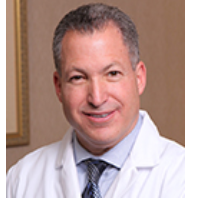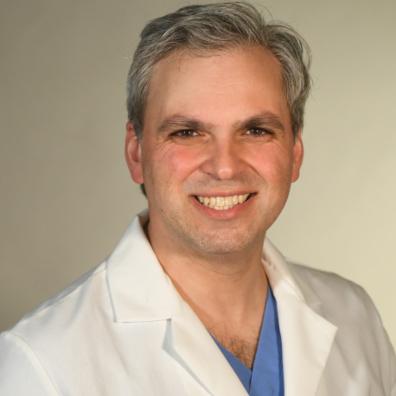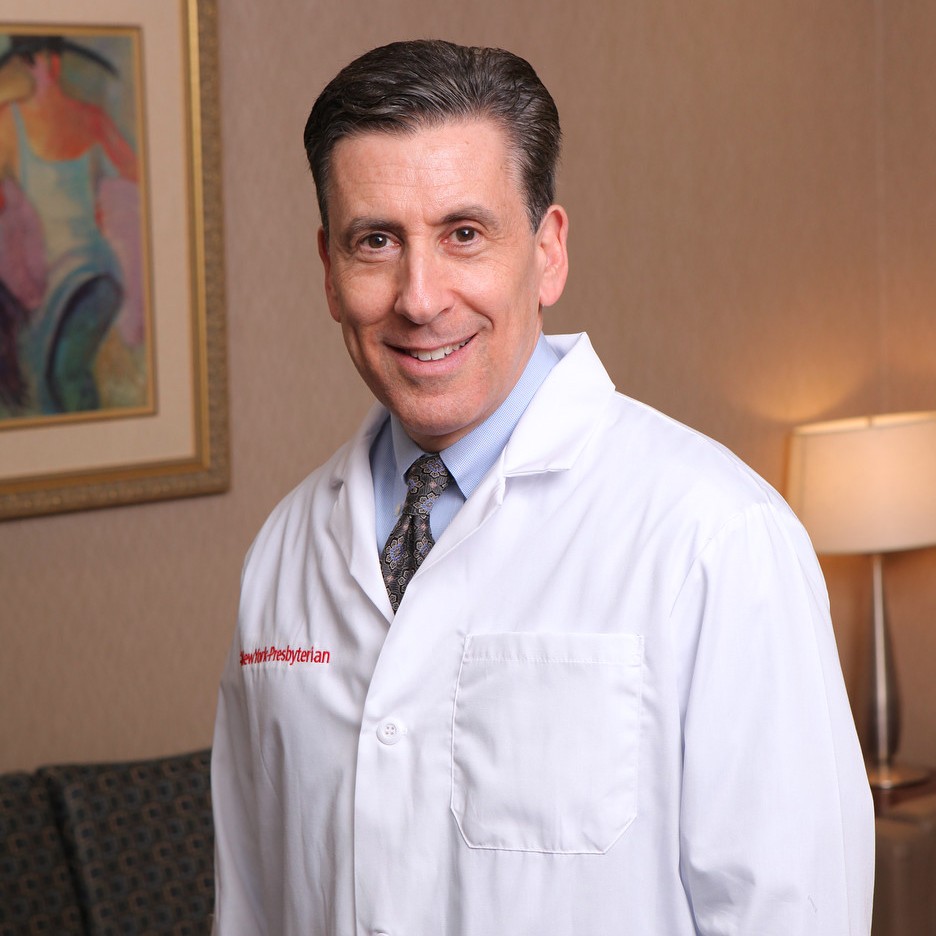Interventional Cardiology Program
When every minute counts, experience counts
One of the few Hospital in Westchester licensed to perform emergency cardiac procedures, the Interventional Cardiology Program is located directly upstairs from the emergency room at NewYork-Presbyterian Hudson Valley Hospital. This location can save precious minutes for a patient who may be having a heart attack or a patient who may need immediate cardiac interventions.
Patients who require more advanced cardiac care will have access to physicians at NewYork-Presbyterian/Columbia University Irving Medical Center, ensuring seamless care continuity.
The interventional cardiologists and electrophysiologists of NewYork-Presbyterian/ Columbia University Irving Medical Center are one of the most experienced interventional groups in the United States. They routinely perform more than 10,000 cardiac catheterization procedures each year. Now, patients from Westchester and the Hudson Valley area can benefit from this same level of cardiac care in a community setting at NewYork-Presbyterian Hudson Valley Hospital.
Our Cardiac Catheterization Team
In addition to interventional cardiologists and electrophysiologists, the Interventional Cardiology Program is supported by experienced physicians. This includes physicians from NewYork-Presbyterian Medical Groups, Columbia doctors, the faculty practice of Columbia University, physician assistants, dedicated nurses, angioplasty specialists, and support staff. Our full-service Interventional Cardiology Suite performs emergency cardiac angioplasty for patients with heart attacks, stenting to improve blood flow, and elective procedures. Diagnostic tests to visualize the arteries of the heart, check blood flow and pressure, and evaluate the efficiency of heart valves are also available. Additionally, the lab offers pacemaker and defibrillator implantation to treat arrhythmias.
Evaluation and Follow-Up for Valvular Disease
NewYork-Presbyterian/Columbia's interventional cardiologists were the principle investigators of the national clinical trials establishing the effectiveness of transcatheter aortic valve replacement (TAVR), a minimally invasive approach to treating severe aortic stenosis (narrowing of the aortic valve opening) in patients experiencing symptoms. TAVR is an option for older adults and other patients who can't have traditional aortic valve surgery. It is now also used for low-risk patients (age 60+) with severe symptomatic aortic stenosis. TAVR allows doctors to implant a device through a catheter (long, flexible tube) threaded through a blood vessel in your leg and guided to your heart. If you are a candidate for TAVR or another heart valve procedure, you can have all of your pre-surgical testing and follow-up care at NewYork-Presbyterian Hudson Valley, with the TAVR procedure itself performed at NewYork-Presbyterian/Columbia.
Meet our Team
The Interventional Cardiology Program is led by:

Assistant Professor & Associate Director, Hudson Valley Cath Lab
Specialties
Interventional Cardiology
Affiliations
NEWYORK-PRESBYTERIAN HOSPITAL
NEWYORK-PRESBYTERIAN HUDSON VALLEY HOSPITAL
Assistant Professor & Associate Director, Hudson Valley Cath Lab
Specialties
Interventional Cardiology
Affiliations
NEWYORK-PRESBYTERIAN HOSPITAL
NEWYORK-PRESBYTERIAN HUDSON VALLEY HOSPITAL
Specialties
Cardiovascular Disease
Affiliations
NEWYORK-PRESBYTERIAN HOSPITAL
NEWYORK-PRESBYTERIAN HUDSON VALLEY HOSPITAL

Specialties
Cardiovascular Disease
Affiliations
NEWYORK-PRESBYTERIAN HOSPITAL
NEWYORK-PRESBYTERIAN HUDSON VALLEY HOSPITAL
WESTCHESTER MEDICAL CENTER
Cardiac catheterization procedures
We perform the following diagnostic imaging techniques and life-saving treatments at NewYork-Presbyterian Hudson Valley Hospital:
Coronary angiogram
A series of X-ray images of your heart arteries are recorded to evaluate whether angioplasty, stenting, coronary artery bypass surgery, or medical therapy is needed. Doctors inject a dye visible by X-ray into a catheter inserted through an artery in your groin or wrist, allowing doctors to assess the images for narrowing and blockages.
Coronary balloon angioplasty and stenting
Doctors inflate a small balloon-tipped catheter during a coronary angiogram where your coronary artery has narrowed. The procedure opens up the artery for better blood flow. Procedurally, a doctor will insert a small mesh scaffold to keep the artery open and allow for good blood flow to the heart. We use the most modern stents which are covered with a specific medication that enables them to function for a long time.
Right heart catheterization
Doctors insert a catheter with special sensors into a vein in your groin, arm, or neck to determine how well the heart is pumping and measure pressure in the heart and the lungs. This provides essential information on the heart's functionality.
Heart biopsy
Doctors insert a catheter into your vein to obtain a small tissue sample from your heart to be examined under the microscope.
Intravascular imaging
A special miniature ultrasound, or a laser-based catheter, produces an image that can visualize the inside of your blood vessel. The information gained helps the doctor better evaluate the extent of the disease and optimize the treatment of the narrowed coronary artery.
Cardiac electrophysiology
When electrical support is needed for the heart's normal function, doctors insert pacemakers. Some pacemakers can also protect the patient from a dangerously rapid heart rate by administering a small but life-saving internal electrical shock.
Endovascular intervention
Doctors can also open blockages in arteries outside of the heart, such as in the legs, kidneys, or neck. The blockages are cleared, and some are dilated with designated medicated balloons or stents.




